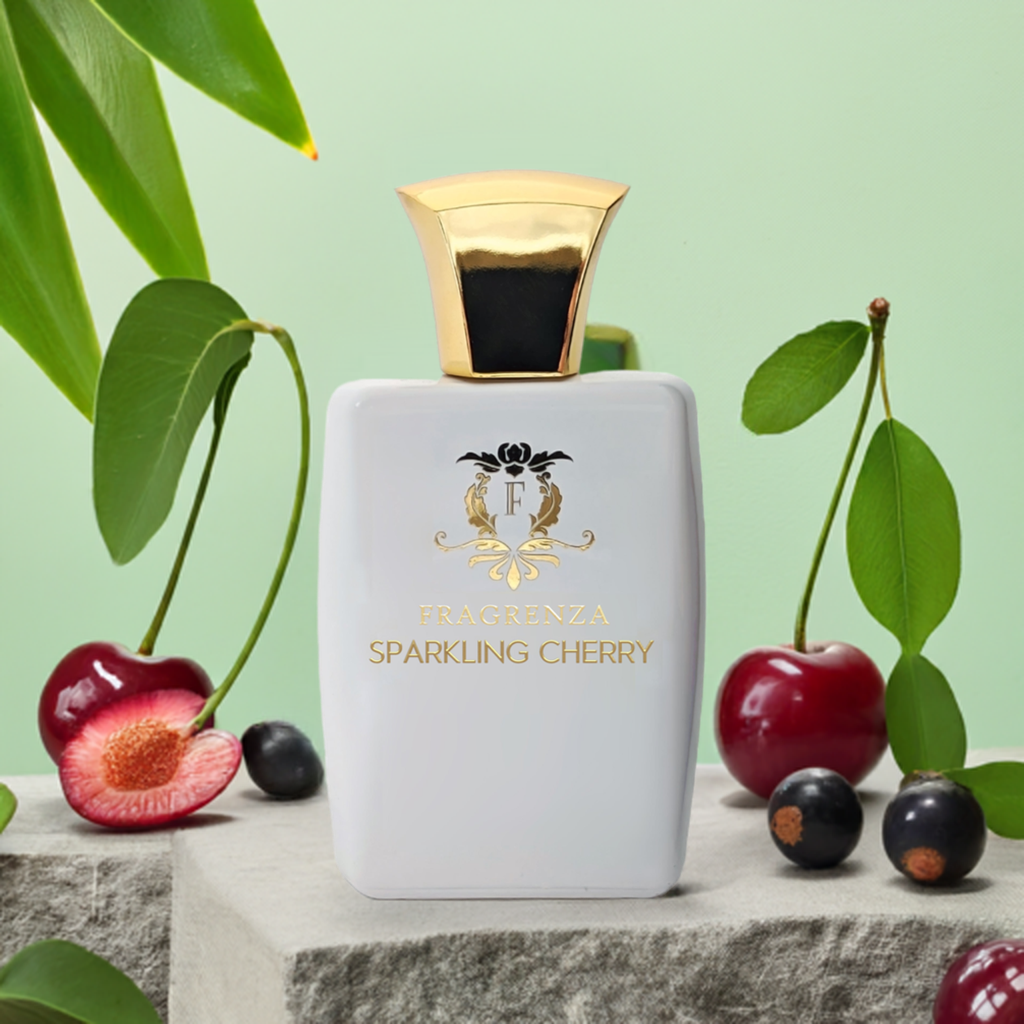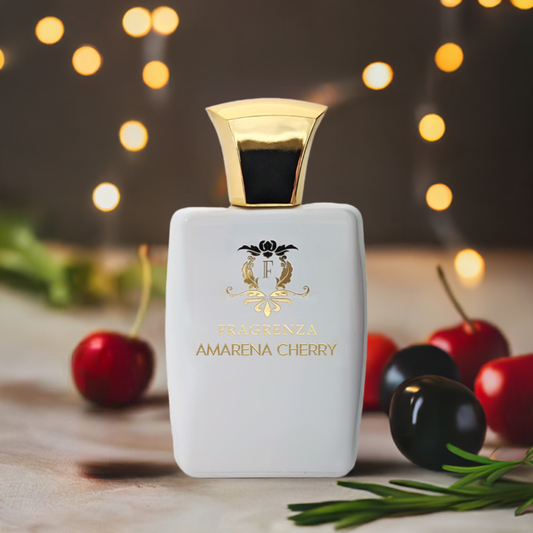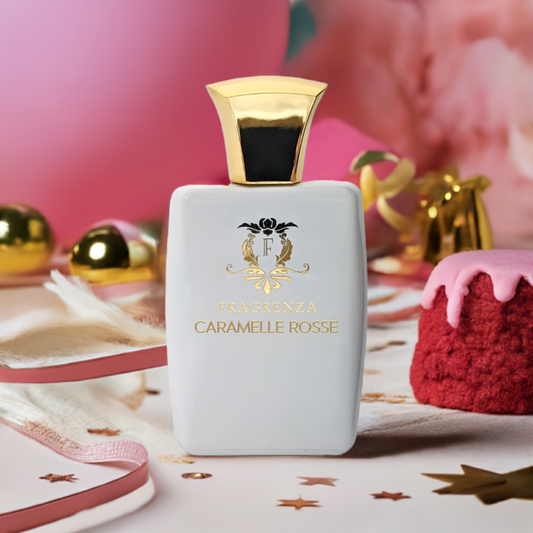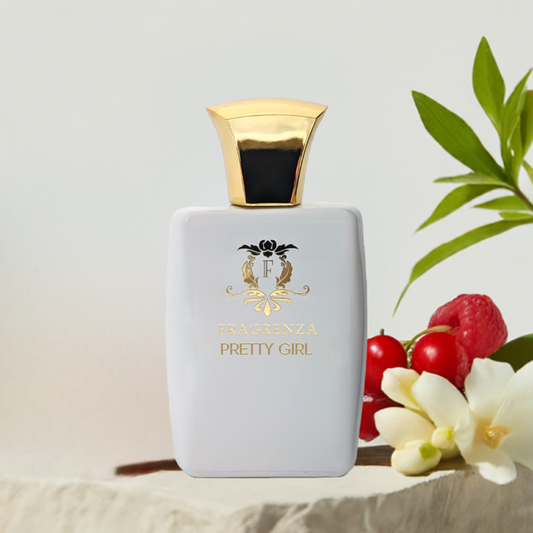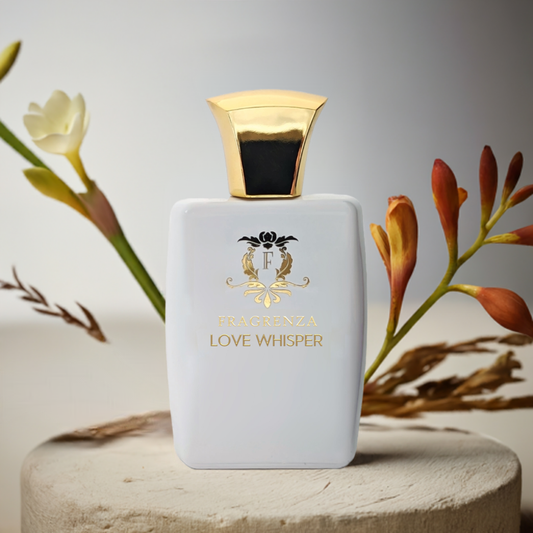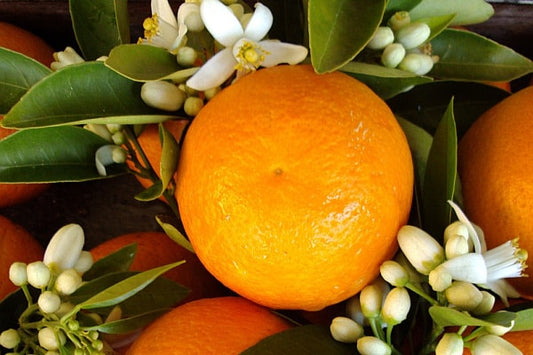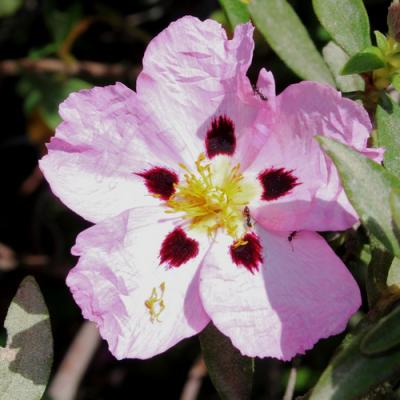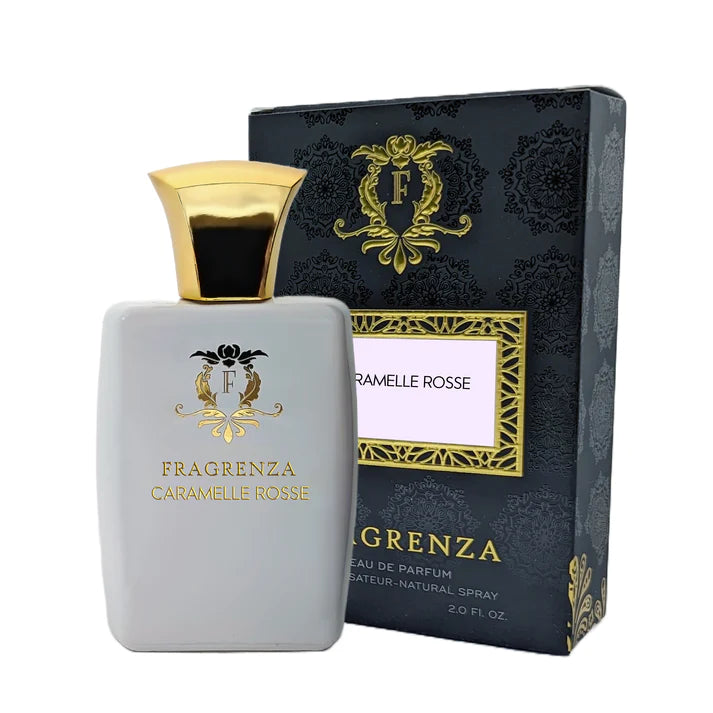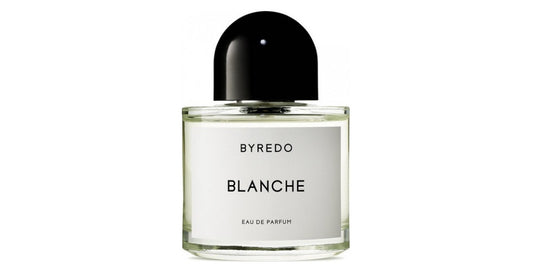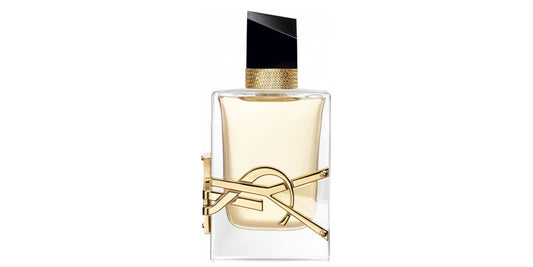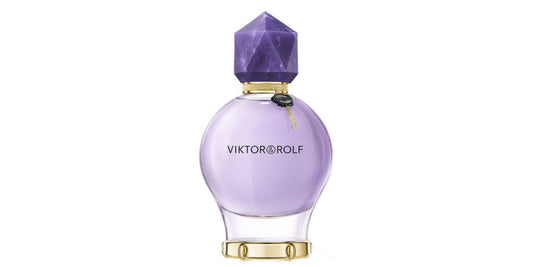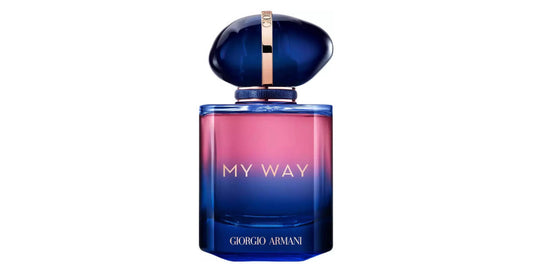Exploring Oud: The 'Liquid Gold'of Perfumes
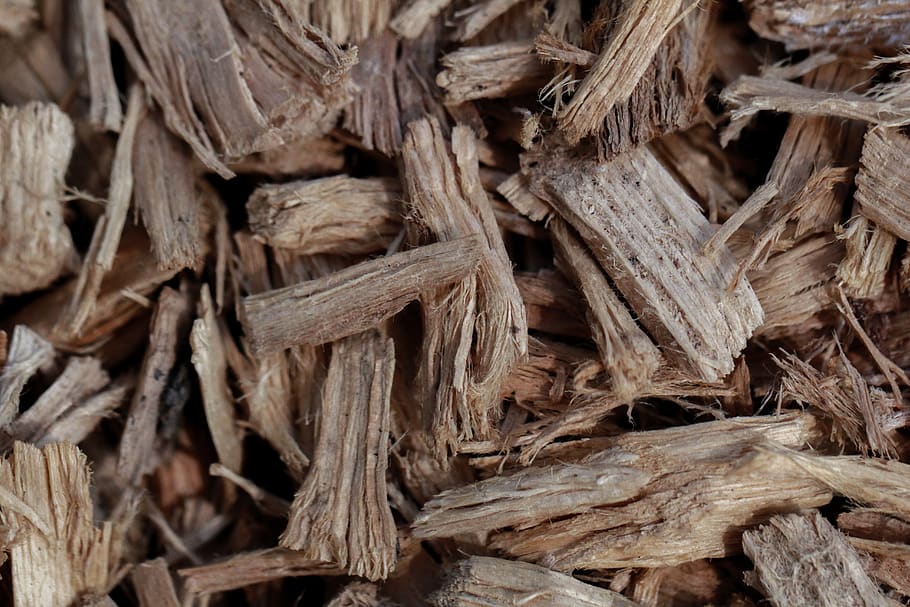
In This Article
Within the vast and diverse world of perfumery, certain ingredients hold a status akin to royalty, their names whispered with reverence by connoisseurs and aficionados alike. One such ingredient is Oud - a scent that stands apart, dubbed 'Liquid Gold' for its rarity, unique aroma, and the fascinating process by which it is procured. Let's delve into the allure of this prized component that has been a pillar in the world of oriental perfumery for centuries and is now gaining significant prominence in the west.
The Origin of Oud
Oud, also known as Agarwood or Aloeswood, originates from the Aquilaria tree, native to Southeast Asia. However, the magic of Oud is born not from the tree itself, but its reaction to a particular type of mold. When an Aquilaria tree is infected by the Phialophora parasitica fungus, it reacts by producing a dark, aromatic resin to protect itself - the essence of Oud. This natural defense mechanism can take decades, contributing to Oud's scarcity and high value.
The Scent of Oud
Describing the scent of Oud is no easy task due to its complex, multifaceted nature. Its aroma can be deeply woody, sweetly balsamic, or even reminiscent of damp, earthy mold, depending on its origin and the age of the resin. Some perceive hints of leather, spices, or smoky notes. Its rich, warm depth adds an opulent, exotic touch to any fragrance, ensuring a lasting impression.
Oud in Perfumery
In the realm of perfumery, Oud is often used as a base note due to its robustness and longevity. Its complex aroma profile adds depth and character to a perfume, enabling a dynamic and evolving scent experience. Oud pairs exceptionally well with floral, spicy, and woody notes, resulting in mesmerizing fragrances that strike a balance between tradition and modernity.
Oud's Cultural Significance
Beyond its role in perfumery, Oud holds deep cultural and religious significance in many parts of the world. In the Middle East, Oud has been used for centuries in religious ceremonies, as a form of aromatherapy, and as a status symbol. It's also an integral part of traditional Japanese incense ceremony called Kōdō, where its complex aroma is appreciated as a path to spiritual enhancement.
The Ethical Concerns
Due to the high demand for Oud, Aquilaria trees are now threatened by over-harvesting. Consequently, ethical sourcing has become a significant concern in the industry. There have been concerted efforts to farm Aquilaria trees and to develop sustainable methods of Oud extraction without exploiting natural resources.
To conclude, Oud's unique, captivating scent profile, combined with its rich cultural heritage and exclusivity, has cemented its place as a coveted ingredient in the world of perfumery. As consumers, it's important to appreciate the complexity and value of such an ingredient while being mindful of the ethical implications tied to its usage.
